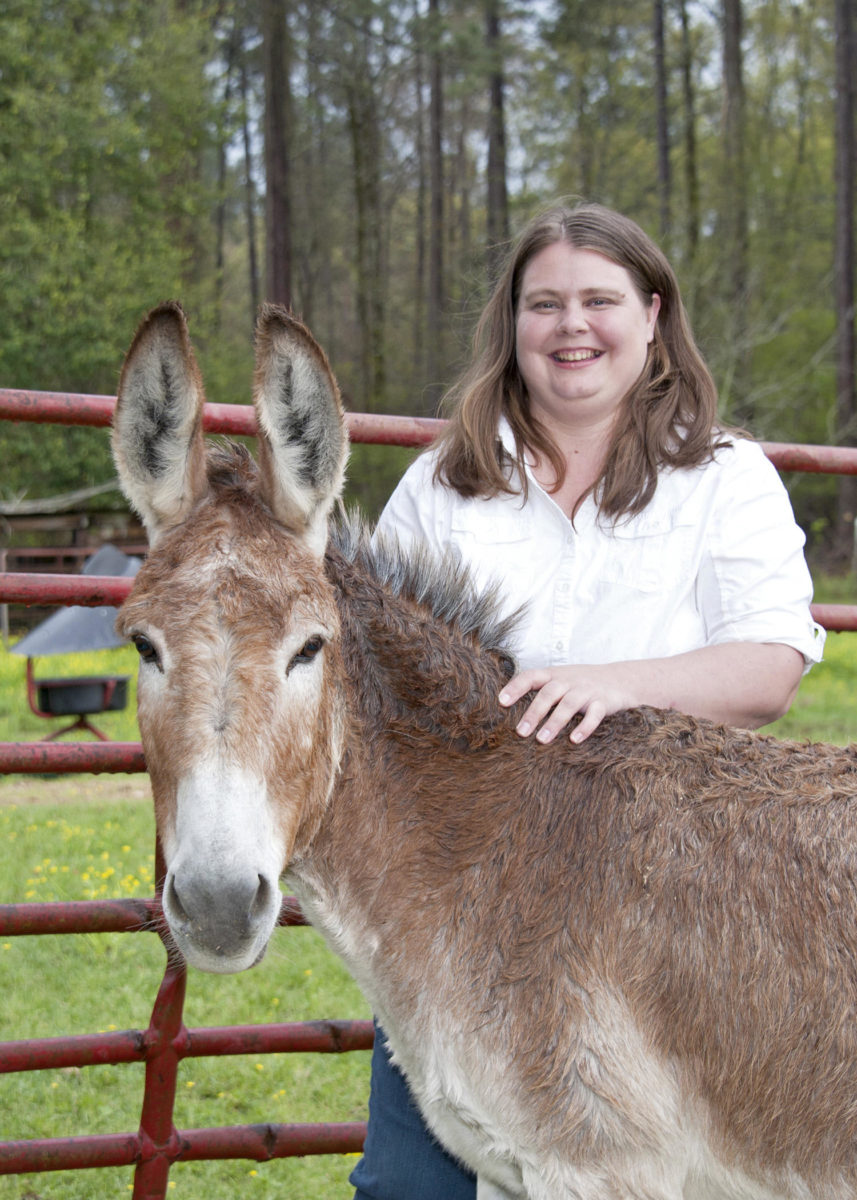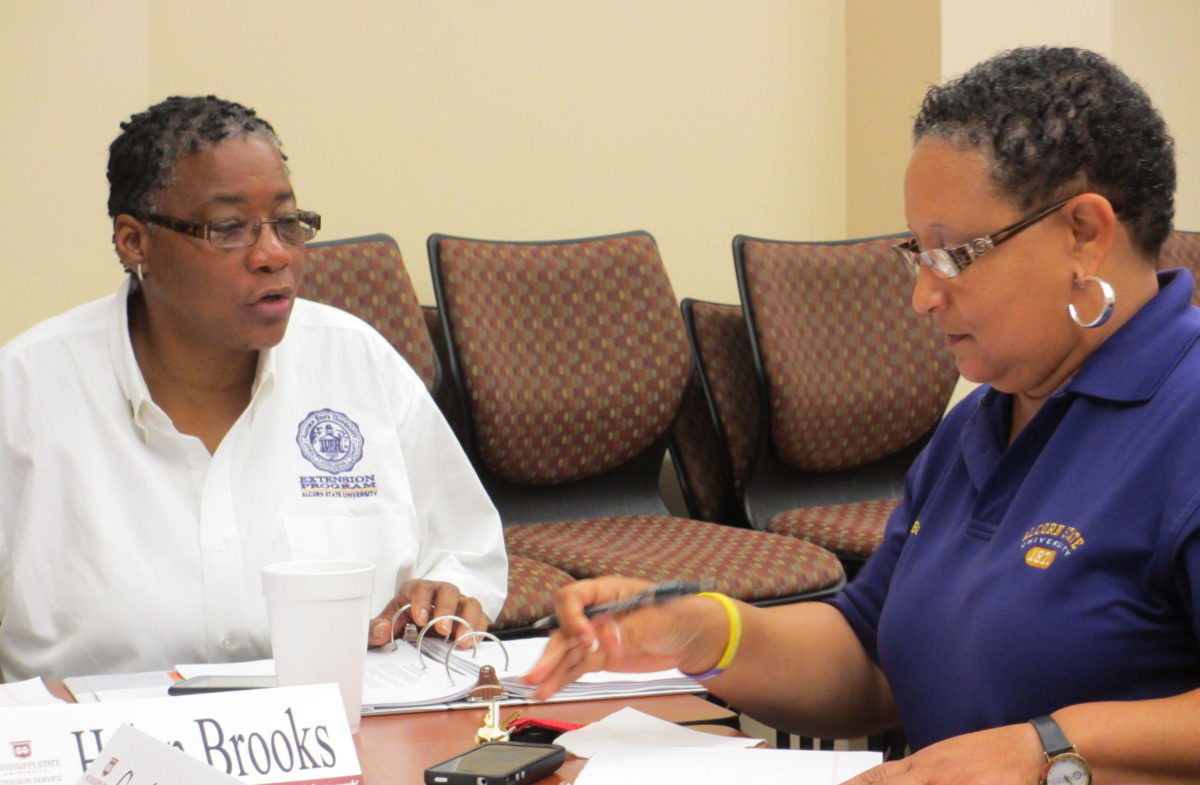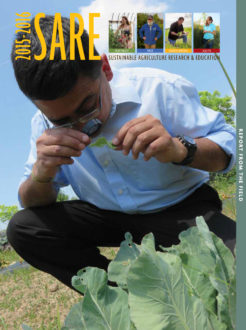SARE: ADVANCING OPPORTUNITIES FOR WOMEN FARMERS
Anita Leonard grew up in an urban environment, but through hard work and valuable learning opportunities, her rural Mississippi farm is blossoming.
Leonard’s husband works off-farm while she tends to their beef cattle, poultry, fruit trees and vegetables. Her goal is to generate a self-sustainable income from her Meadville farm, and she credits Annie’s Project—a risk management education program for farm women—with taking her a big step closer to that goal. “When I went through the program, I wanted to build a farm-based business,” Leonard says. “It really inspired me and has helped me understand what I could sell and how to go about marketing items.”
Annie’s Project, a national program established in 2003, has been spreading across the South in recent years, its growth in states like Mississippi and Louisiana fueled largely by a 2012 SARE grant that trained dozens of Annie's Project educators.

The 18-hour workshop brings in guest speakers from the local agricultural business community to discuss such topics as finances, human resources and marketing with farm women. One of the main strengths of the program, says Bobbie Shaffett, a retired Mississippi State University Extension professor, is that it can benefit women of all experience levels.
“New farm wives or new farmers who participate gain many skills,” Shaffett says. “Experienced farm women who already know a lot of the information enjoy networking and sharing their knowledge with others.”
Shaffett coordinated the SARE grant, which funded two training events in Mississippi where Extension educators from across the South gathered to learn how to conduct Annie’s Project workshops. The trainings drew 63 Extension educators from 12 universities—including three historically black universities—many of whom have gone on to conduct Annie’s Project workshops in their communities. In Mississippi, at least 16 Extension educators have gone on to hold Annie’s Project workshops locally.

“The biggest impacts of our SARE project were taking Annie’s Project to states where it had not been before, watching it grow into sustainable programming there, and reaching new groups, such as 1890 land grant institutions,” Shaffett says.
Deborah Cross, a retired family and consumer science instructor with Louisiana State University Ag Center, attended one of Shaffett’s training events and is now conducting Annie’s Project workshops in her state. Like Anita Leonard, she sees value in the program’s ability to help women improve the profitability of their operation.
“I’ve met a lot of people who farm but couldn’t tell you the bottom line to get the product to the market,” says Cross. “With Annie’s Project, they see what their business plan is like, see the farm as a business and understand whether they are making money or need to do some diversification.”
SARE’s support of Annie’s Project extends beyond the South. The program’s national leadership team, based at Iowa State University, received a 2011 SARE grant to train more than 50 educators in the North Central Region. “In my nearly 40-year Extension career, I’ve had the opportunity to work with a lot of programs with different audiences, needs and interests,” says trainee Willie Huot, a North Dakota State University Extension agent. “None have been as rewarding as Annie’s Project, to see the impact the program has on women.”
For more information, see the project reports for grant ES12-113.
Free Resources!
Grantee product: Women Caring for the Land: Improving Conservation Outreach to Female Non-Operator Farmland Owners.
SARE books: The companion business planning guides, Building a Sustainable Business and Organic Transition (free download or order in hard copy).
Conduct topical searches of hundreds of educational resources, including farm business management.
